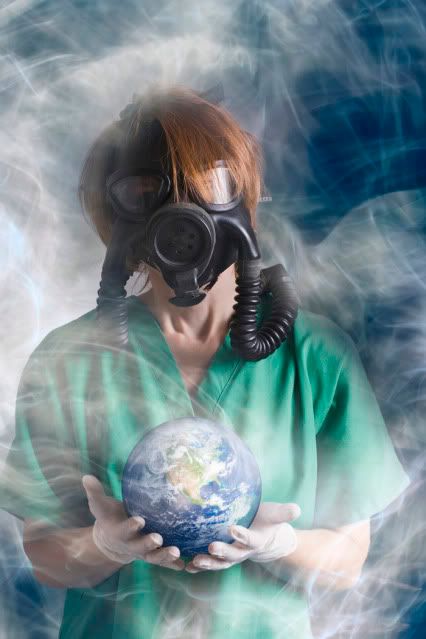
Most people work. Some of us work for pay. Some of us volunteer. Some of us are not paid enough for what we do. Some are paid way too much for way too little. Whether you work for a large corporation or you work with one other person, there are going to be moments that can drive you to the edge of the cliff!
On a good day, many abuse survivors struggle to maintain healthy attitudes and functional relationships. On bad days - well . . . things can fall apart pretty easily. Your job can often be a particularly stressful environment where soured relationships make your life extremely difficult. What does your childhood abuse have to do with this? A lot!
Dysfunctional relationships often plague abuse survivors. There are many reasons for this. Because abuse distorts your perspective about people - their motives, their attitudes, their language, their temperament, even their appearance - you may live in a way that actually expects relationships to be difficult. Because abuse distorts how you view yourself, you have an inner dialogue going on that exaggerates fear, insecurity, rage, sexual cues, and negativity. Because abuse is always about power inequality, you may not respond well to supervisors or subordinates.
You may be the most competent person in your work environment, but if you are defensive, feel threatened, or have something to prove, it will impact how you relate to your colleagues. This is true whether you work at a fast food restaurant or a nuclear medicine facility. This is true whether you're a stay-at-home parent or a career work-a-holic.
Another factor may be how you choose your battles, and how you choose to fight them. Abuse changes the way you express your wants and needs. Most abuse survivors communicate either by silence and withdrawal, or by aggressive hostility. Not everything is worth a conflict, and at the same time, sometimes a conflict is in order.
Many years ago I took a job working in an office environment, the boss who hired me after a great interview turned into a tyrant within hours after I began. He was demeaning and hostile to me and everyone else. I was in shock at this toxic environment that unfolded at the first staff meeting. I had been working on recovering my voice, learning how to process experiences that upset me, and learning the difference between attacking and assertiveness.
Had I experienced this kind of toxic environment even a few years earlier, I would have internalized this and taken it home with me where it would have gone sideways on my family, my health, and my integrity. But, like I said, I had become a healthier person and decided to act like an adult. I asked to speak with this man and explained to him that I had every intention of giving this job 110%, but that I would not be spoken to or treated in the manner that he had just displayed toward me and my colleagues. I told him I expected to be treated in a professional way and that I planned to do the same. We were clear about boundaries from the beginning and - although we certainly had our struggles - I was able to be proactive and emotionally neutral in setting those parameters.
Don't get me wrong - I realize this isn't possible in every work environment or situation, and it's certainly not possible with every boss or every subordinate. But the challenge for you - if you find yourself in a toxic job - is to strategically plan to keep yourself healthy. To carefully measure how your work environment is given permission to poison your life. To build strategies into your life that will either give you a chance to eventually move on (such as going back to school) or give you a chance to recharge and regroup each day (such as doing deep breathing, reading books you love, playing sports, or participating in a faith community). People vary in how they function in toxic jobs. Sometimes, it's really as simple as approaching it from another perspective. Sometimes, it's as difficult as filing a complaint or going back to school for advanced training so you have more opportunities. Gandhi said, "No one can hurt me unless I let them." That sounds simplistic - and in many ways it is - but ultimately it is about how much power you are going to let others have in determining WHO you are and HOW you choose to respond to adversity.
I've been trapped many times in jobs that were just awful. Jobs where I was harassed and battered. Jobs where I wasn't paid (and I'm not talking volunteer jobs either!). Jobs that asked way too much and returned way too little. But the mark we strive for in work or play or life is measured by the words of Jesus. He said, "Whoever can be trusted with very little can also be trusted with much" (Luke 16:10). Toxic work environments require a strategy from you or you're going to get poisoned. Figure out how to wear an emotional and spiritual gas mask and flourish where you are. Don't settle for less than who you are, but don't impulsively shoot yourself in the foot either. There are many things in life you can't change. This is not about looking for greener grass (but if you have a chance to go to that meadow – do it!). How you live with that reality makes the difference between become healthier and stronger, and being filled with toxins that you give power to poison you.



No comments:
Post a Comment